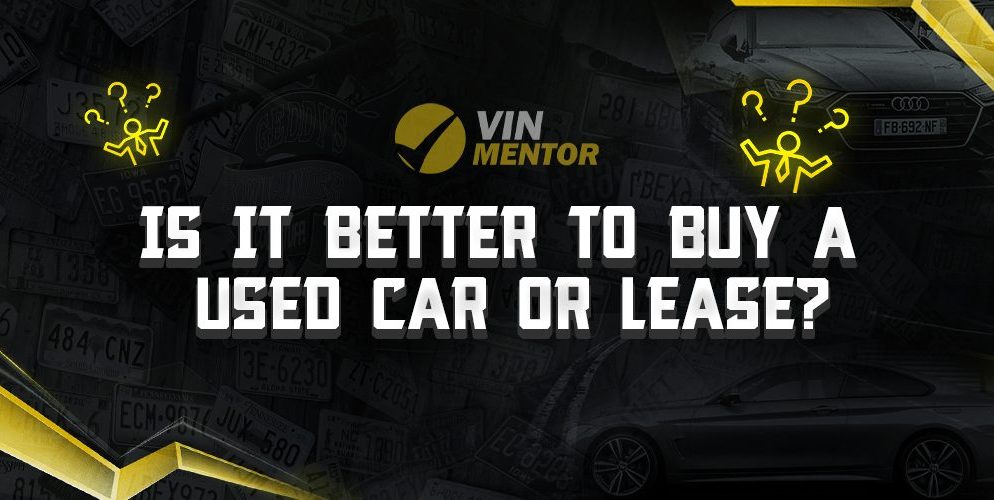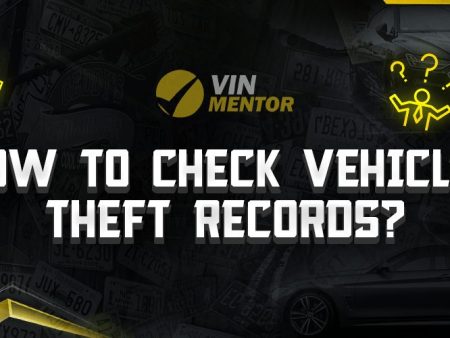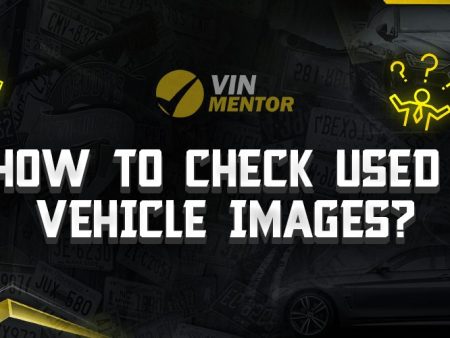

When it comes to acquiring a vehicle, the decision between buying a used car or leasing is a common dilemma. Both options have their pros and cons, and the choice ultimately depends on individual circumstances and preferences. In this article, we will delve into the factors to consider when deciding whether to buy a used car or lease, providing you with valuable insights to help you make an informed decision. Read on to explore the key considerations before making your choice.
Key Takeaways
- Buying a used car offers lower upfront costs and ownership, while leasing provides lower initial payments and no ownership at the end of the lease term.
- Buying a used car grants full ownership, customization options, and no mileage restrictions, whereas leasing involves no ownership, limited flexibility in modifications, and mileage restrictions.
- Buying a used car involves higher initial costs, responsibility for maintenance and repairs, and potential long-term costs. Leasing has lower initial costs, ongoing lease payments, reduced maintenance costs due to warranty coverage, and no major repair responsibilities.
- Used cars have already undergone significant depreciation but offer potential resale value. Leasing avoids concerns about depreciation and resale value since there is no ownership stake.
- Consider individual preferences, conduct research, assess financial situations, and use tools like VIN checks to gather information before deciding between buying a used car or leasing.
Which Option Is Preferable: Purchasing a Used Car or Leasing?
Individuals often wonder which option is more preferable: owning a used car or entering into a lease agreement. So, it is useful to explore the factors that can help you determine which choice aligns better with your needs and circumstances.
Financial Implications
Buying a Used Car:
- Lower upfront costs compared to purchasing a new car.
- Financing options available, including auto loans.
- Owning the car outright after the loan is paid off.
Leasing:
- Lower initial down payment and monthly payments compared to buying a new car.
- No ownership at the end of the lease term.
- Additional fees and penalties for exceeding mileage or excessive wear and tear.
Ownership and Flexibility
Buying a Used Car:
- Full ownership of the vehicle.
- Freedom to customize or modify the car as desired.
- No mileage restrictions or lease contract limitations.
Leasing:
- No ownership of the vehicle.
- Limited flexibility in terms of modifications.
- Mileage restrictions and penalties for exceeding them.
Long-Term Costs and Maintenance
Buying a Used Car:
- Higher initial costs for purchasing a used car compared to leasing.
- Responsibility for maintenance and repair costs.
- Potential for higher long-term costs, depending on the car’s condition and reliability.
Leasing:
- Lower initial costs, but ongoing lease payments.
- Typically covered by warranty during the lease term, reducing maintenance costs.
- No responsibility for major repairs or selling the car later.
Depreciation and Resale Value
Buying a Used Car:
- Cars generally experience depreciation, but used cars have already undergone significant depreciation.
- Potential to sell the car later and recoup a portion of the purchase price.
- Resale value varies based on factors such as make, model, condition, and mileage.
Leasing:
- No ownership stake, so no concerns about depreciation or resale value.
- No potential for selling the vehicle at the end of the lease term.
Conclusion
In conclusion, whether it is better to buy a used car or lease ultimately depends on your individual preferences and circumstances. Consider the financial implications, ownership and flexibility, long-term costs and maintenance, as well as depreciation and resale value. Each option has its advantages and drawbacks, so it’s crucial to assess your priorities and make an informed decision.
Remember, regardless of whether you choose to buy a used car or lease, it’s essential to gather as much information as possible about the vehicle’s history and condition. One valuable tool to aid in this process is a VIN check, which provides comprehensive details about a car’s background. You can choose from our recommended list of best VIN Check Websites to ensure that you have all the necessary information before making your final decision.
By carefully considering these factors and conducting thorough research, you’ll be well-equipped to make the right choice between buying a used car or leasing. Ultimately, the decision should align with your financial situation, lifestyle, and long-term goals.
FAQ
Is leasing a used car an option?
Leasing is typically available for new cars. However, some dealerships may offer used car leasing options, although they may be less common. It’s recommended to inquire with local dealerships to see if they provide such options.
Can I negotiate the terms of a lease?
Yes, lease terms are negotiable to some extent. You can negotiate factors such as the down payment, monthly payments, mileage limits, and lease duration. It’s important to understand the terms and conditions and negotiate for a deal that suits your needs.
Can I purchase a leased vehicle at the end of the lease term?
In many cases, you have the option to purchase the leased vehicle at the end of the lease term. The purchase price is typically predetermined in the lease agreement. If you’re interested in buying the vehicle, discuss this option with the leasing company or dealership beforehand.
Can I terminate a lease early?
Terminating a lease early can be more challenging than selling a used car. Most lease agreements have penalties and fees associated with early termination. It’s advisable to review your lease agreement and consult with the leasing company to understand the specific terms and potential costs involved.
Are there any tax benefits to leasing a car?
Depending on your country or region, there may be certain tax benefits associated with leasing a car, such as deductions for business use. It’s recommended to consult with a tax professional or accountant to understand the tax implications of leasing in your specific situation.
Can I lease a car with bad credit?
Leasing a car with bad credit can be more difficult than obtaining a traditional car loan. However, some dealerships or leasing companies may offer subprime leasing options for individuals with less-than-ideal credit. Expect that the terms and conditions, including interest rates, may be less favorable compared to leasing with good credit.
Can I negotiate the price when buying a used car?
Yes, negotiating the price is common when buying a used car. Research the market value of the specific make, model, year, and condition of the car you’re interested in. Use this information to negotiate a fair price with the seller or dealership.
Are there any warranty protections when buying a used car?
Warranty coverage for used cars varies. Some used cars may still have the remaining manufacturer’s warranty, while others may be sold “as is” without any warranty. Additionally, some dealerships offer extended warranties or certified pre-owned programs. It’s essential to inquire about warranty coverage before purchasing a used car.
Are there any hidden costs when leasing a car?
When leasing a car, it’s important to consider potential additional costs beyond the monthly payments. These can include fees for exceeding mileage limits, wear and tear charges, early termination fees, and charges for excessive damages. Review the lease agreement carefully to understand all potential costs.
What are the benefits of buying a used car instead of leasing?
Buying a used car provides full ownership, customization options, no mileage restrictions, and the potential for resale value. Additionally, there are no ongoing lease payments once the car is paid off. It can be a more cost-effective option in the long term, especially if you plan to keep the car for an extended period.












